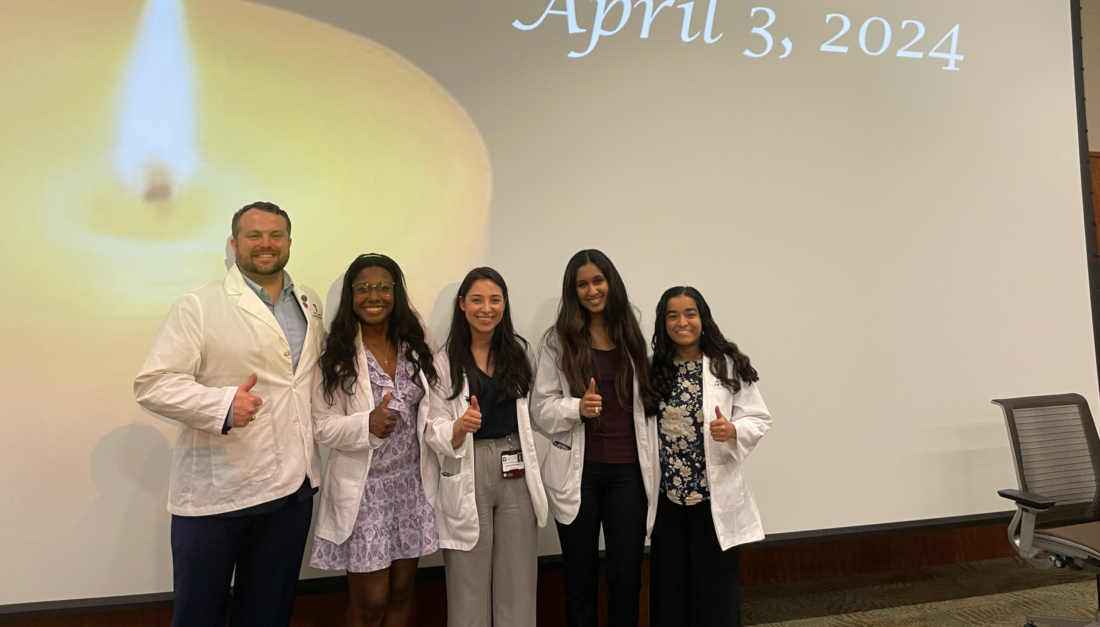SRPH researchers provide Christmas gifts in South Texas colonias
(COLLEGE STATION, TX) — Researchers, faculty, staff and students from the Texas A&M Health Science Center School of Rural Public Health recently donated gifts to children in underserved colonias of San Carlos, Texas.
Carmen Sumaya, M.P.H., director of the Community Outreach and Education Core in the Center for Environmental and Rural Health at Texas A&M University, helped organize researchers, local health workers (promotoras) and students to provide Christmas gifts to the children, who are part of a study being conducted by the center on pesticide exposure.
“We take so much information from the community that we felt this was a great opportunity to in turn give back to them,” Mrs. Sumaya said.
Dr. Brian Smith, Region 11 director of the Texas Department of State Health Services, and his wife played Mr. and Mrs. Santa Claus recently in providing Christmas gifts to children in the underserved colonias of San Carlos, Texas. The gifts were provided through the Texas A&M Health Science Center School of Rural Public Health and the Texas A&M University Center for Environmental and Rural Health.
Mrs. Sumaya trains the local health workers, who then go door-to-door in the South Texas colonias to educate residents about various health issues. As the promotoras went to each house before Christmas this year, they asked the children what they would like for Christmas. Each request was turned into a “gift wish card” and placed on a Christmas tree. The HSC-SRPH donated the gifts for the children.
As Christmas approached, there was a holiday party at the San Carlos Resource Community Center, where Santa and Mrs. Claus handed out gifts to the children. Dr. Brian Smith, Region 11 director of the Texas Department of State Health Services, and his wife graciously played Mr. and Mrs. Claus.
This is the third year the HSC-SRPH and the center have provided Christmas gifts to children in the colonias. The goal of the center’s study is to determine if health education can change the behaviors of parents that result in reduced exposure to pesticides by their children.
The Texas A&M Health Science Center provides the state with health education, outreach, and research. Its six components located in communities throughout Texas are Baylor College of Dentistry, the College of Medicine, the Graduate School of Biomedical Sciences, the Institute of Biosciences and Technology, the Irma Lerma Rangel College of Pharmacy, and the School of Rural Public Health.
Media contact: media@tamu.edu


